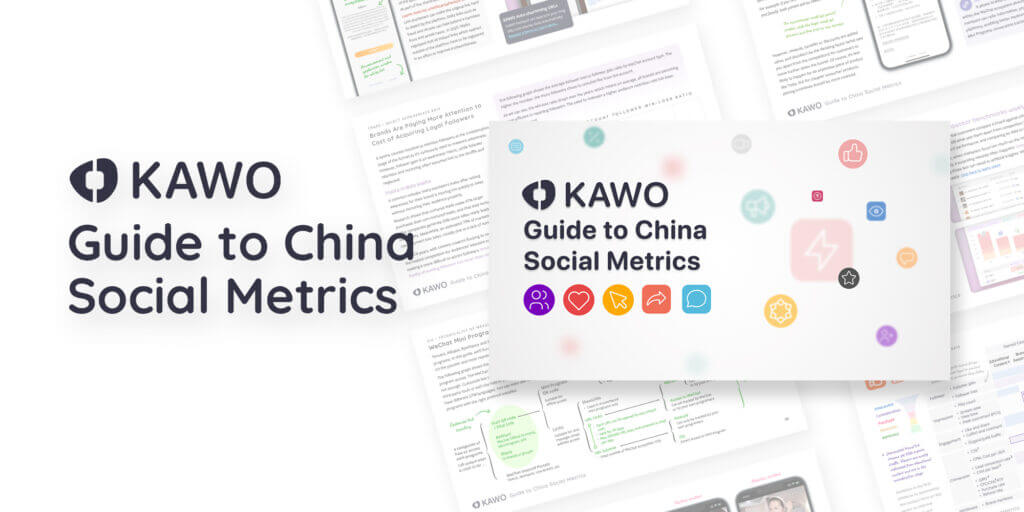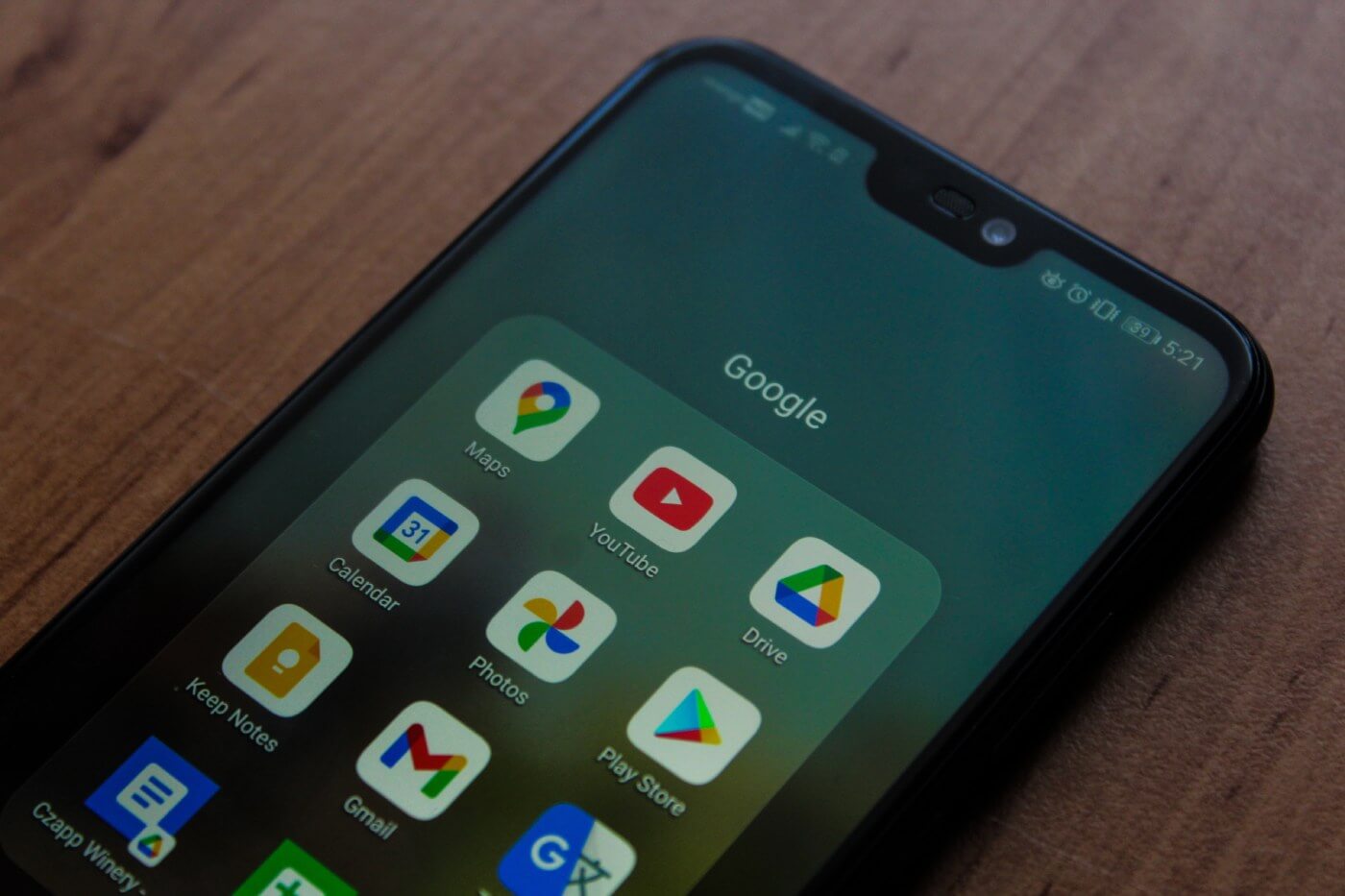- You are here:
-
Home

-
Asian e-Marketing

-
July - August 2009

- The Value of Business Podcasting
-

Fastest web-based editor released for a new era of storytelling across streaming, broadcast, digital and social media
Dalet, a leading technology and service provider for media-rich organizations, announced the release of Dalet Cut, the cloud-native, real-time, lightning-fast multimedia and multiplatform editor fully integrated within the Dalet ecosystem.
-

Artificial Intelligence key in analyzing trends in fraudster behavior
A new study from Juniper Research forecasts that the greatest merchant losses to fraud will be via remote physical goods purchases, with losses reaching $5.1 billion across emerging markets in 2028, up from $1 billion in 2023.
-

Challenges organizations face to be ready for a safe post quantum computing future
DigiCert released the results of a global study at its annual Trust Summit conference, exploring how organizations are addressing the post-quantum computing (PQC) threat and preparing for a safe post-quantum computing future.
-

Annual report reveals continued surge in sophisticated bot attacks
HUMAN Security, Inc., a cybersecurity company that protects organizations by disrupting digital fraud and abuse, just announced the release of its 2023 Enterprise Bot Fraud Benchmark Report. The annual report provides insights into automated attack trends across enterprise use cases, including account takeover, brute forcing, carding, credential stuffing, inventory hoarding, scalping and web scraping.
-

Strategic merger of three digital technology firms in Asia
Three prominent digital services companies in Asia – Digile Technologies, Reveron Consulting, and Innopia Global – have merged to create a digital services powerhouse with a formidable presence in the Asian region.
-

Meltwater Brings Powerful New Enterprise Suite to APAC
Meltwater, a global leader in media intelligence and data analytics, today announced the availability of Meltwater Enterprise Intelligence Suite, a comprehensive offering that promises vital insights and transformative impact to enterprise clients.
-

With new brand identity. LG aims to actively communicate with customers beyond generations and locations
LG Electronics (LG) unveiled a new brand direction and visual identity, which will shed more light on the value of Life's Good with a more dynamic and youthful look across all physical and digital customer touch points.
-

SentinelOne enhances cloud security with Snyk
Prioritizing which vulnerabilities to fix is a challenge for software developers, and the complexities of modern apps and the software supply chain have only made things more difficult. SentinelOne, a global leader in AI security, is partnering with Snyk, the leader in developer security, to ease the burden by integrating Singularity Cloud Workload Security, its real-time Cloud Workload Protection Platform (CWPP) with the Snyk Developer Security Platform.
-

Advertisers' awareness of cookieless technologies remains low according to global survey
Ogury, a global leader in personified advertising, commissioned IDC to conduct a global survey on 1,000 major brand and media agency executives to get their perspective and understanding of the future of digital advertising in a cookieless world.
-

Outlook of generative AI for the enterprise market is exciting but lacks a clear corporate strategy
The democratization and acceleration of generative Artificial Intelligence (AI) originated in the business-to-consumer (B2C) market with the release of popular applications like ChatGPT and Stable Diffusion. But the B2C market will barely scratch the surface of generative AI’s potential economic value.
-

KAWO’s "Guide to China Social Metrics" helps marketing teams translate KPIs into business success
KAWO, the leading social media management platform in China, has launched its 2023 “Guide to China Social Metrics.”
-

Protecting Data in the Cloud
Organizations in Singapore are increasing their reliance on the cloud. Nearly nine in ten organizations in the country are using cloud services, with about 70% taking a hybrid cloud approach.
-

Google's approach to further reduce the security burden on users
October marks Cybersecurity Awareness Month and with online safety being top of mind, Google has launched new products and features to help people everywhere. These releases include in-built features that work around-the-clock to take the security burden off users, and updates to privacy controls that help to easily protect personal information.
- Dark web report: Users can check if their Gmail address has been exposed on the dark web as well as get guidance on how they can protect themself online by accessing the Dark Web Report in their account menu in the Google App. They just have to sign into the Google App and tap their profile picture to open the menu.
- Passwordless by Default: Passkeys are a simpler and more secure way to sign into sites online and can be used with the Google Accounts. To make transition to passwordless even easier, Google is offering the ability to set up passkeys for all users — by default.
- A new requirement to make email safer for everyone: Gmail recently announced new requirements for large senders to make email safer and more user-friendly for everyone, including enforcing authentication, enabling easy unsubscription, enforcing a clear spam rate threshold. This is in addition to Gmail’s AI-powered defenses, which block more than 99.9% of spam, phishing and malware — that’s 15 billion unwanted emails every day.
- Easier access to clear browsing data: Google added an option to quickly delete users’ browsing history in Chrome without interrupting current activities. Users just need to click the three dots in the top-right corner of the Chrome browser and select “Clear browsing data”.
- Use the Google App as the credential provider for your iOS device: Google Password Manager is built into the Google App and you can already use it to securely save your passwords and sign in faster when you’re using the app. Now, you can set it as your Autofill provider so that the Google App can help you quickly and securely autofill your passwords into any app or website on your iOS device.
Feel free to read more about the announcements in Google’s blog post.
By MediaBUZZ -

Yahoo DSP advertisers now have access to low carbon PMPs
Yahoo and purpose-led ad platform Good-Loop announced a global partnership offering carbon neutral private marketplace (PMP) media opportunities to advertisers to help them become more sustainable.





















 Podcasting has sealed itself as a unique and note-worthy media - not surprising since it was declared 2005’s ‘Word of the Year’ by the New Oxford American Dictionary.
Podcasting has sealed itself as a unique and note-worthy media - not surprising since it was declared 2005’s ‘Word of the Year’ by the New Oxford American Dictionary.


































